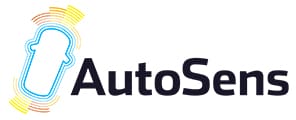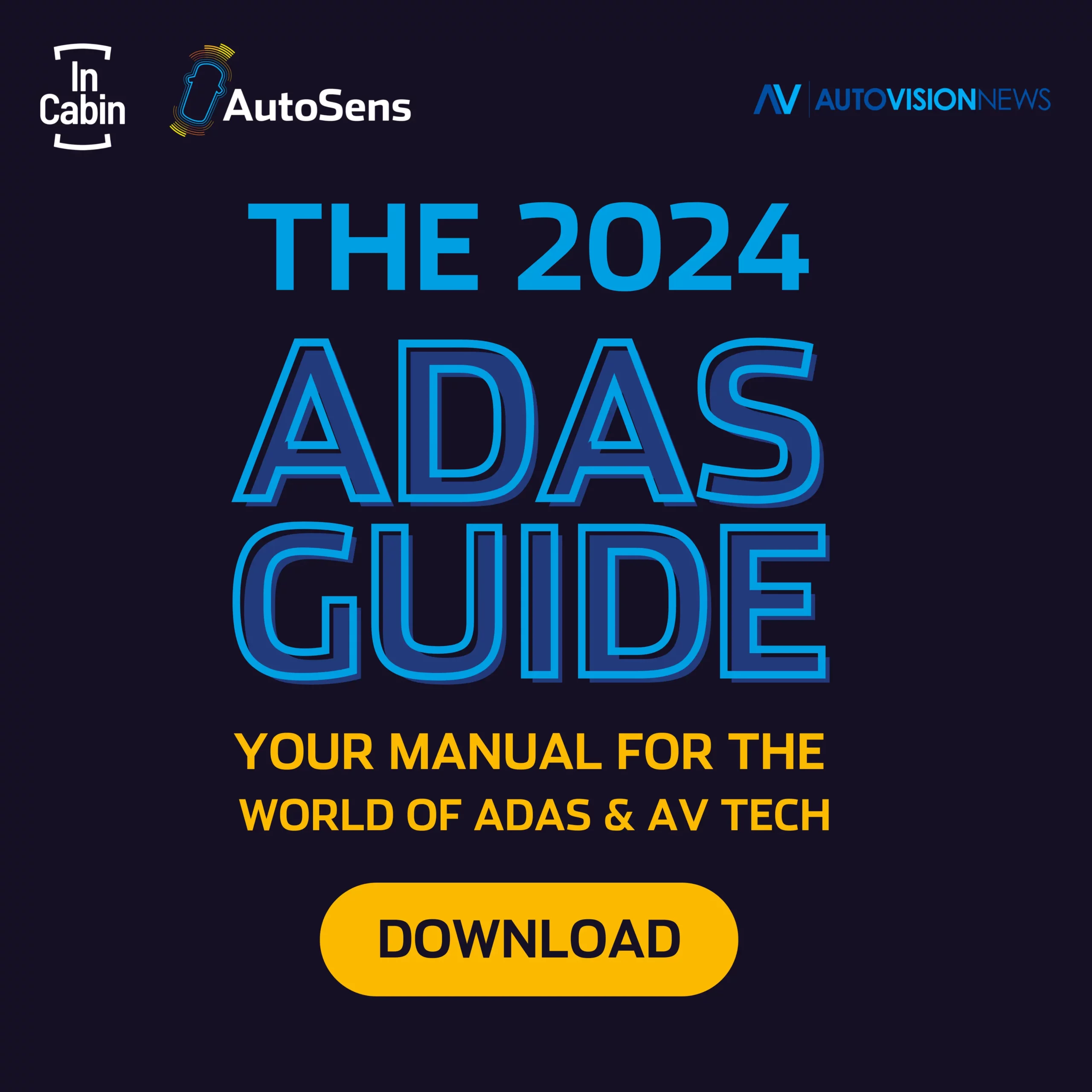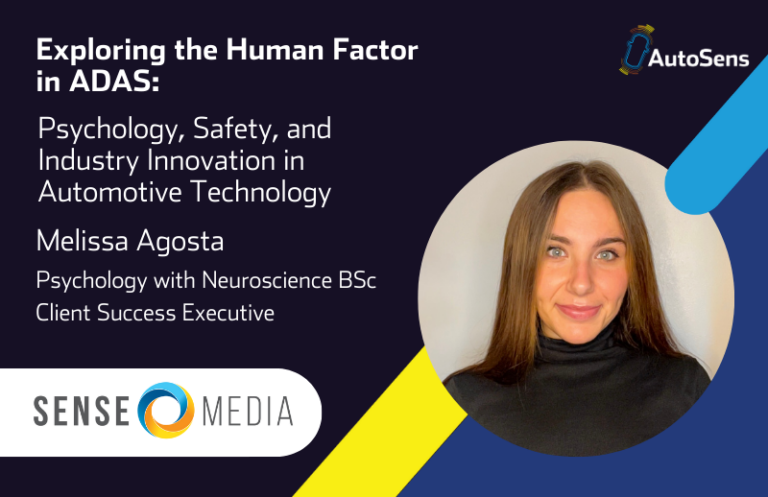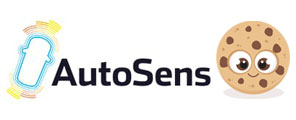
Ahead of the Detroit edition of AutoSens this May, we caught up with one of our speakers Suman Jana, Assistant Professor, Department of Computer Science, Columbia University discussing. Suman will be discussing “Security and Safety challenges in Deep Learning for Autonomous Driving” on Day Two at AutoSens in Detroit (14-27 May 2018, Michigan Science Center, Michigan)
Tell us about your session at AutoSens 2018, why are neural networks important for Autonomous driving?
Autonomous driving requires adapting a car’s behavior automatically based on its environment as as measured by different sensors (e.g., camera, Infrared obstacle detector, etc.). It requires learning and applying thousands of different rules for different possible scenarios. Manually enumerating these rules is extremeley tedious and error-prone. Neural networks present an automated, efficient, and flexible way of learning such complex rules directly from labeled data (e.g., recorded human driving data) without any human intervention.
Why are people scared of computers taking over the decision making process – is it fear, lack of understanding, or something more?
I think one of the major source of concern is the lack of transparency in the decision making process of computers using sophisticated techniuqes like machine learning. For example, the decision making process of neural networks is not easily interpretable by humans. Thus even if a neural network makes the right decision most of the time, it is hard for a human to trust the neural network’s judgement blindly in safey-crtiical settings.
How can industry prepare society for these big changes?
I think the industry can help to prepare societies for big technological changes by being more transparent about the capabilities, limitations, and risks of the new technology. For example, right now it is very hard to get details about all the crashes involving self-driving cars during their testing. Such lack of information often results in unfounded fear in the public mind. By being more open about the current limitations, the industry can help public prepare better for future deployments of new technology.
How could technologies like blockchain be used to secure updates or deployment of approved algorithms?
While new technologies like blockchain will definitely be helpful in solving some of these security problems, I believe we already have the building blocks (e.g., digital signatures, cryptographic hash functions, etc.) for securely updating software or restricting unauthorized modifications. I think the major problem right now is the human factor (i.e., human developers making mistakes while creating complex computer systems and thus introducing vulnerabilities inadvertently).
What technical challenges still remain in this field?
I think one of the main technical challneges in autonomous driving is how to develope effective debugging, testing, and verification techniuqes for ensuring safety/security of the autonomous vehicles, pedestrians, and other human-operated vehicles in the vicinity. These tasks are further complicated by the use of opaque machine learning techniques like deep learning. This already has resulted in several disasters. For example, a failure to detect a white truck against the bright sky resulted in a fatal Tesla carsh.
You’ve interned at Bell Labs, Microsoft and Google – all powerhouses in the corporate research world – how has that influenced your academic career?
I think my experience in the industry has made me more knowledgeable about the minutiae of real-world problems. It has also taught me more pragmatic ways of developing new technical solutions.
You’ve studied at Utah and Texas, researched at Stanford and now teach at Columbia – who has influenced or inspired you the most through that journey?
It indeed has been a long and interesting journey! I think I have been significantly influenced by far too many people (my teachers, students, and family members) to name everyone individually.
Who should attend your session at AutoSens, and who are you hoping to see in particular?
I think anyone interested in ensuring safety/security in modern machine-learning-driven systems like autonomous vehicles (e.g., engineers, managers, and policymakers in the automotive industry) should attend my session.
AutoSens Detroit is coming back bigger and better this year, but it’s the first time for you, what are you most looking forward to?
I am very excited to be a part of AutoSens for the first time. I hope to meet a lot of interesting people and learn more about exciting new automotive technologies.
Come and hear Suman Jana, Assistant Professor, Department of Computer Science, Columbia University discussing “Security and Safety challenges in Deep Learning for Autonomous Driving” at AutoSens in Detroit (14-27 May 2018, Michigan Science Center, Michigan)






